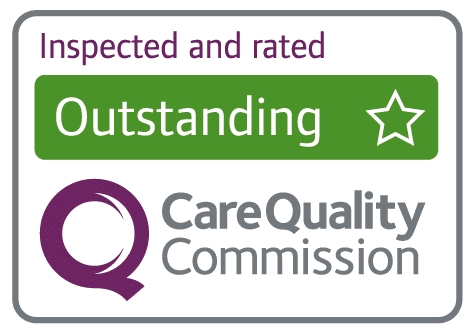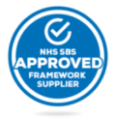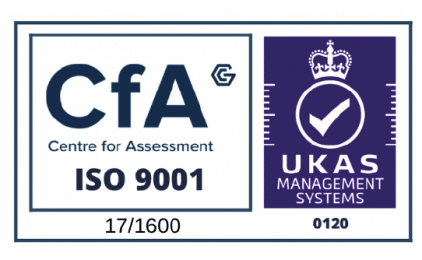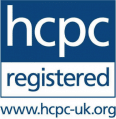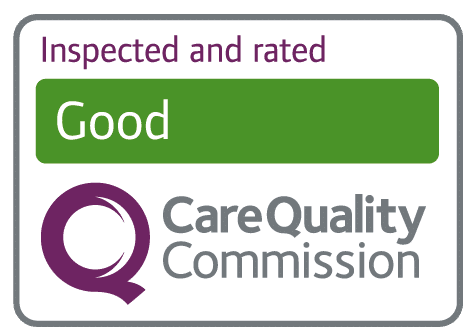Connect Health Patient FAQs
Coronavirus and Connect Health – our commitment to your safety
We have a duty of care to make sure our patients and colleagues are safe and supported. The majority of our clinicians have been vaccinated and we would like to reassure you that we are, at all points, following the relevant government/NHS guidance as it is updated and we would like to say thank you to everyone for their patience and understanding.
If you have a question about your local NHS MSK or Pain service, please click on Contact to find your local service contact details.
Please make sure that you read and follow our guidance below.
1. We advise that you wear a mask if you have cold symptoms.
2. Do not attend your appointment if you have Covid.
3. If you are unwell with a respiratory infection or a cold, it may be Covid, so we would encourage you to rearrange your appointment by contacting your local service.
If you are a member of the public looking for health advice, visit the NHS website.
If you are looking for the latest information and advice about the government response to the outbreak, go to the gov.uk website.
If you have a general enquiry about your NHS appointment, please see our FAQs below.
Following the recent change in guidelines regarding wearing of face masks in England, we kindly ask that you continue to wear a mask if you are experiencing a respiratory infection or cold symptoms.
We are providing face to face and virtual appointments. You will typically have a telephone appointment first. If you have any cold or Covid-19 symptoms we advise that you re-arrange your appointment. If you are unwell with a respiratory infection, it may be Covid, so we would encourage you to contact us to rearrange your appointment.
Yes, we can arrange that by calling your local service or completing the contact us form on our website.
Yes, please call your local service if you need to change your appointment to a telephone appointment.
Many of our appointments are now telephone or video based which removes the need to attend one of our facilities.
All facilities will be open unless closed temporarily for cleaning or if someone has attended with symptoms (see Q1). Please call or complete the contact us form on the website to find out more about your local facility before travelling.
Yes, we are still booking ahead for appointments, if details change we will contact you via telephone or text message.
Please call your local service or complete the online form on our contact page.
If you have symptoms, please don’t attend and follow guidance from the government to self-isolate at home. If you are fit and well, please proceed with your appointment.
The clinician will aim to phone you on the number we have registered on our system for you. This telephone appointment will be at the same date and time as your previously booked face-to-face appointment.
We can move some face-to-face and telephone appointments to be video consultations. This is like a Facetime or WhatsApp video call. You will receive a text message inviting you to access the video call at the same date and time as your booked appointment. If you follow the text message link you will be able to see your clinician and they will be able to see you via your smartphone camera.
If the video consultation does not work for any reason your clinician will attempt to telephone call you in the more traditional way to speak with you.
Many of our appointments are now telephone or video based which removes the need to attend one of our facilities. However, if it is necessary to close a clinic we will contact you and look to rebook your appointment.
Some of our group based services are virtual, some remain face to face. This will be discussed with you when booking your appointment.
Our injecting clinician will ensure that an injection is only provided should it be clinically appropriate to do so. The evidence for a steroid injection making viral illness more severe is not clear but some have concerns on theoretical grounds rather than experience. Given this theoretical possibility and that COVID is still relatively new, our understanding is developing regularly. We recommend that you explore all other options available, including exercise and medication, prior to considering a steroid injection. However, steroid injections are still being provided, using the smallest dose of steroid required to achieve a clinically meaningful outcome for you. You are able to delay your steroid injection should you wish.
Given this is an ever changing topic, this guidance will be monitored, reviewed and updated regularly. Accurate as of May 2021.
What if I’ve had a steroid injection and have now been informed I need to attend for my vaccination?
Our clinicians are currently using only the smallest dose of steroid required to achieve a clinically meaningful outcome for you. You should not delay receiving your COVID vaccine if called at short notice.
Given this is an ever changing topic, this guidance will be monitored, reviewed and updated regularly. Accurate as of May 2021.
There is national guidance regarding the use of steroid injections alongside the COVID vaccine and booster. This guidance has been read and interpreted alongside the evidence from the COVID vaccine trials. The current vaccines are provided in two doses, up to 12 weeks apart with a third booster dose now being provided at least 8-weeks after the second dose for frontline health and social care workers and priority groups 1-9.
Steroids can interfere with the effectiveness of a vaccine, to what extent is not fully known. Given the scale and seriousness of the COVID pandemic, a cautious approach is being adopted throughout England. Our clinicians are therefore not routinely providing an injection in the immediate two weeks before and after a vaccine dose (both first and second).
If it is felt there is a clinical need to administer within this timeframe, your clinician will discuss the need with our Director of Clinical Delivery before administering to ensure it is clinically appropriate.
If you are booked in for a steroid injection and are then called to have your vaccine booster within two-weeks of your scheduled steroid injection, our advice is to always prioritise the vaccine and to inform us so that we can reschedule your appointment.
Given this is an ever-changing topic, this guidance will be monitored, reviewed, and updated regularly. Accurate as of September 2021.


